Plastic waste is a serious environmental problem in many localities. Informal waste collectors are a very important factor in reducing plastic waste pollution. Phu Yen Newspaper interviewed Ms. Nguyen Thi Hoai Linh, Director of the Organization for Action for Environment and Development in Vietnam (Enda Vietnam) about this issue.
 |
| Ms. Nguyen Thi Hoai Linh |
* How does plastic waste affect the environment and human life, madam?
- According to the Ministry of Natural Resources and Environment , every minute in the world, about 1,000 plastic bags are consumed, but only about 27% of them are treated and recycled. In Vietnam, the amount of plastic waste and plastic bags accounts for about 8-12% of domestic solid waste. If an average of about 10% of plastic waste is not reused, the amount of plastic waste discarded is approximately 2.5 million tons/year. The consequence is that plastic waste is constantly generated, present everywhere, causing a disaster that scientists call white pollution.
Plastic waste is causing serious environmental pollution in lagoons, bays, and coastal areas in some localities, including Phu Yen. Plastic waste in the ocean will destroy the natural environment, negatively affecting the lives of aquatic species. On land, plastic waste causes serious impacts on human health and life.
* In recent times, Enda Vietnam has implemented many environmental projects. What are Enda Vietnam's support programs for informal waste collectors, madam?
- In addition to the official waste collectors, there is also a large number of informal waste collectors. In Phu Yen, the informal waste collectors (also known as scrap buyers, scrap metal buyers, aluminum and plastic buyers, etc.) currently have about 1,300 people. This is one of the important forces that classify waste at the source, especially in preventing plastic waste pollution. However, most informal waste collectors are poor and near-poor households. Understanding their difficulties, Enda Vietnam's projects are implemented in the direction of direct and indirect support through policy advocacy. Enda Vietnam has helped informal waste collectors join networks and cooperatives to connect with each other to improve waste collection efficiency, increase income, and improve their lives.
With funding from international organizations and agencies, Enda Vietnam has implemented many projects in the field of collecting and managing household waste and plastic waste. These projects focus on supporting social security for informal waste collectors such as giving protective clothing, boots, masks, supporting health insurance and accident insurance. Enda Vietnam provides training to raise awareness, mobilizes the establishment of cooperatives and builds capacity for informal waste collectors. In addition, Enda Vietnam also communicates to the community about waste classification at source, combating plastic waste pollution, mobilizing the community to join hands in protecting the environment, connecting potential markets to increase opportunities for recycling waste, especially plastic waste, to contribute to increasing the income of informal waste collectors, with the motto of turning waste into resources.
Through communication activities, informal waste collectors have direct dialogue with local authorities about regulations and policies related to their work. Local authorities also have a more accurate view of the role and value of informal waste collectors, considering them an important link in the plastic waste recycling value chain. On the other hand, people in the project area are also more aware of environmental protection, the harmful effects of plastic waste pollution, and form the habit of sorting waste and disposing of waste in the right place.
 |
| Informal garbage collectors sort recyclable waste at Tho Vuc landfill (Tuy Hoa city). Photo: ANH NGOC |
* To effectively implement environmental protection and fight against plastic waste, in your opinion, what solutions should Phu Yen implement?
- Phu Yen needs to put the informal waste collection force into organized operation such as cooperative models, mutual support groups or participate in unions, unions..., to help them operate more effectively and professionally. Changing the habits and behaviors of people, even the whole society, in environmental protection cannot be done overnight, but requires time, perseverance and consistent coordination from bottom to top (communication, advocacy), from top to bottom (policies).
In particular, the province needs to strengthen the role of community supervision and the participation of social organizations in the management of domestic solid waste in the coming time; encourage the production of environmentally friendly products to replace plastic products, especially disposable plastic products. Every small action such as not using plastic straws or disposable plastic water bottles can contribute to reducing the amount of plastic waste discharged into the environment.
The 2020 Law on Environmental Protection stipulates the responsibility of organizations and individuals producing and importing products and packaging with recyclable value to recycle according to mandatory recycling rates and specifications. To effectively implement regulations related to waste management in the law, local authorities need to synchronously deploy solutions from issuing policies and guidelines to investing in infrastructure, equipment, and means for waste collection, transportation, and treatment. At the same time, there must be a clear and close coordination mechanism in waste collection between official and unofficial forces.
* Thank you!
| In Phu Yen, the informal waste collection force currently has about 1,300 people. This is one of the important forces in sorting waste at source, especially in combating plastic waste pollution. |
ANH NGOC (performed)
Source


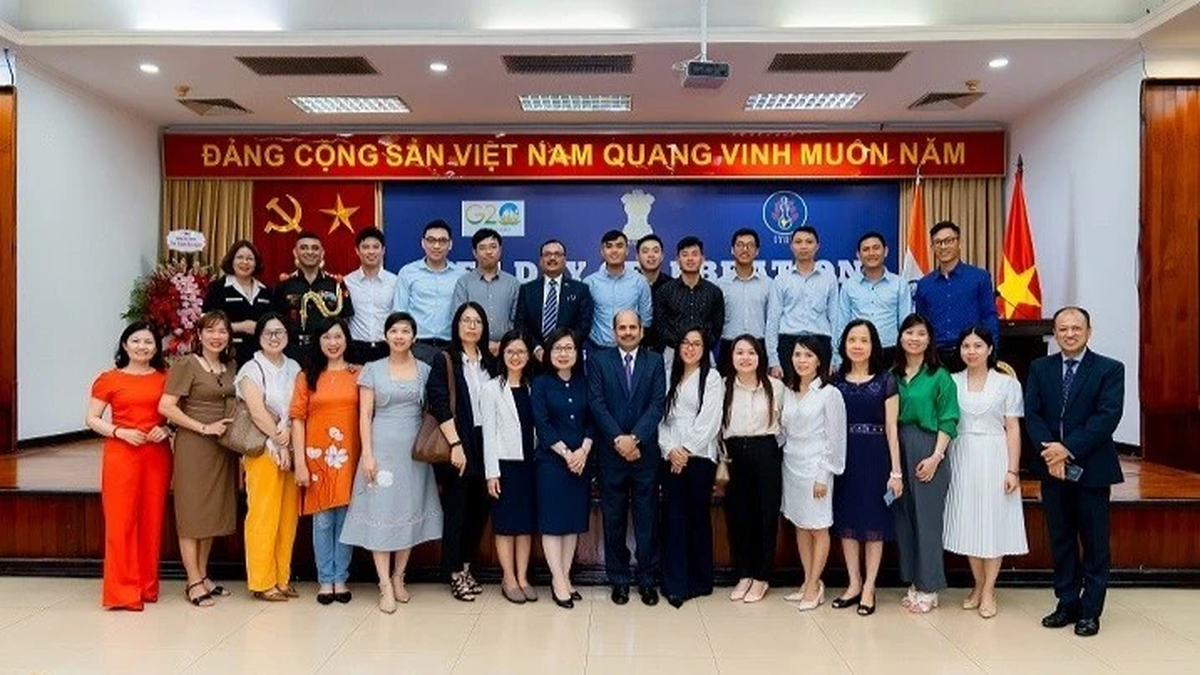
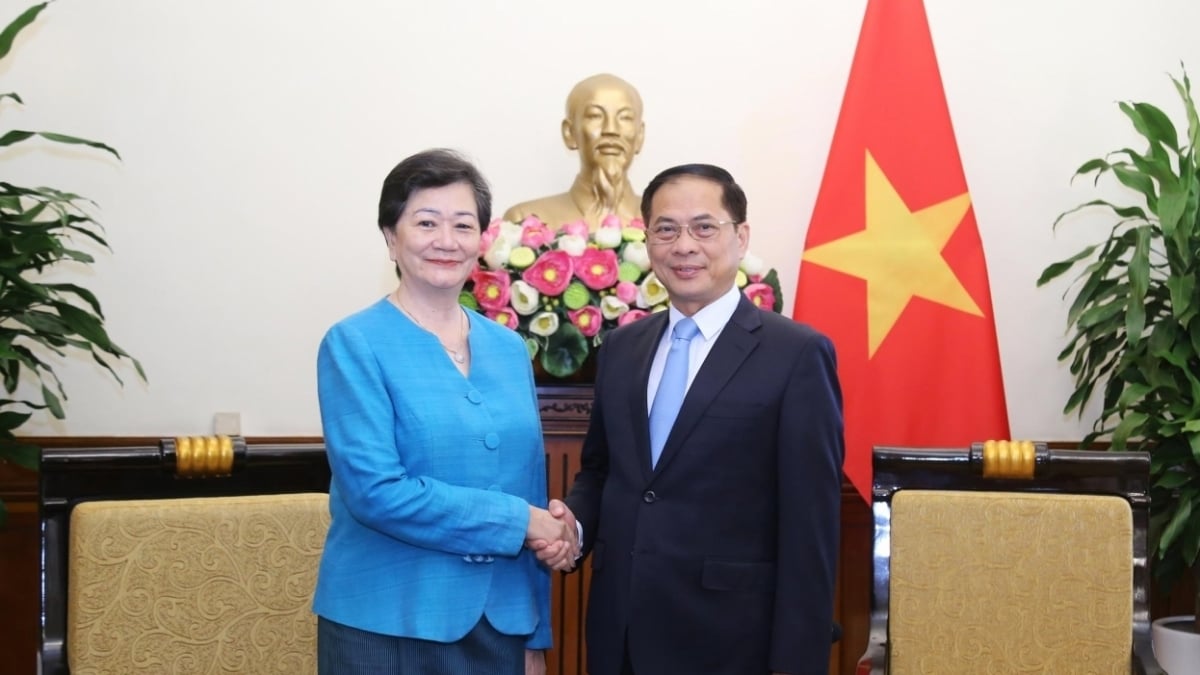
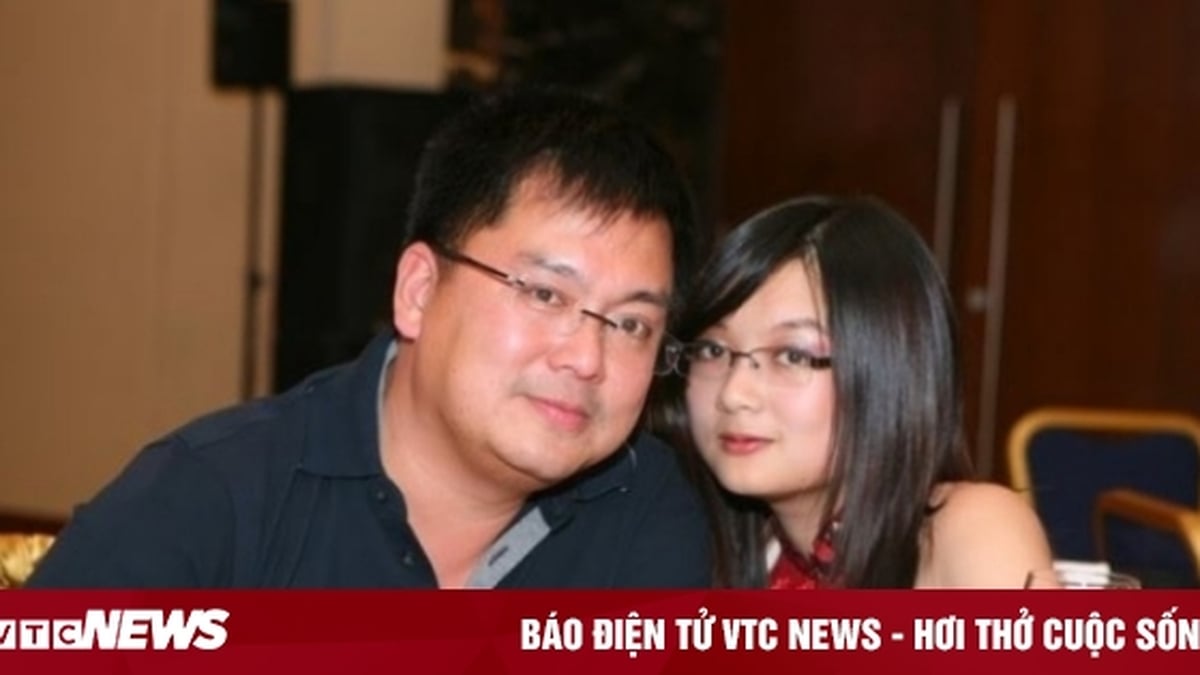
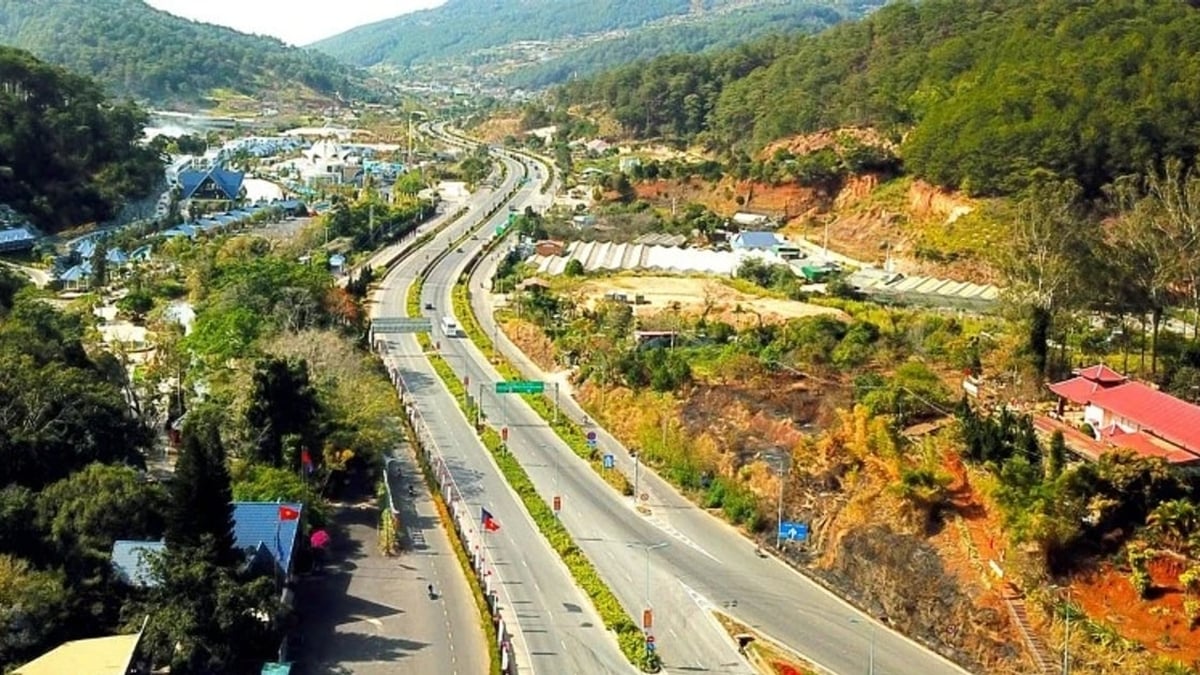
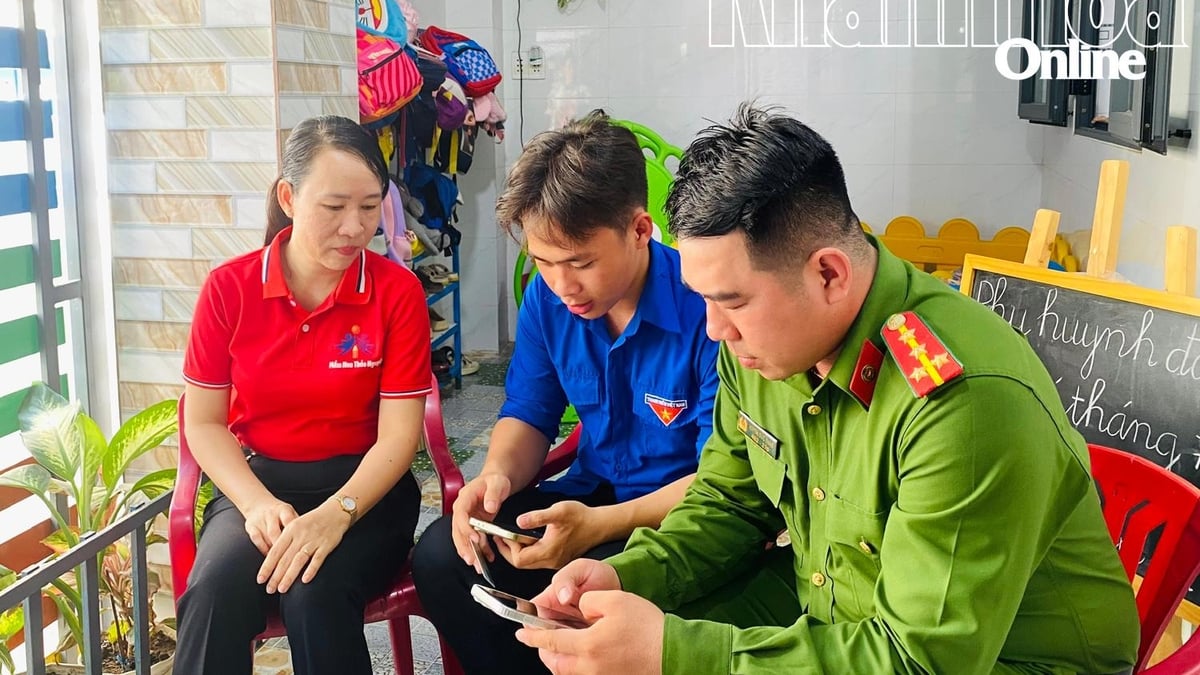
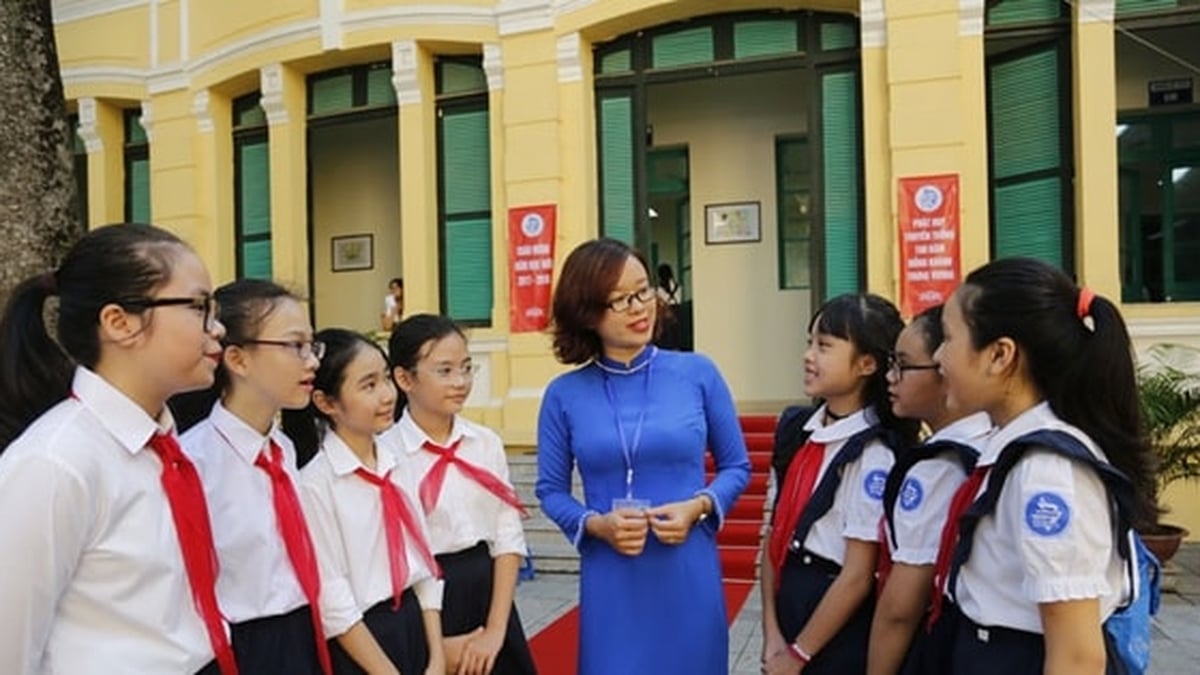
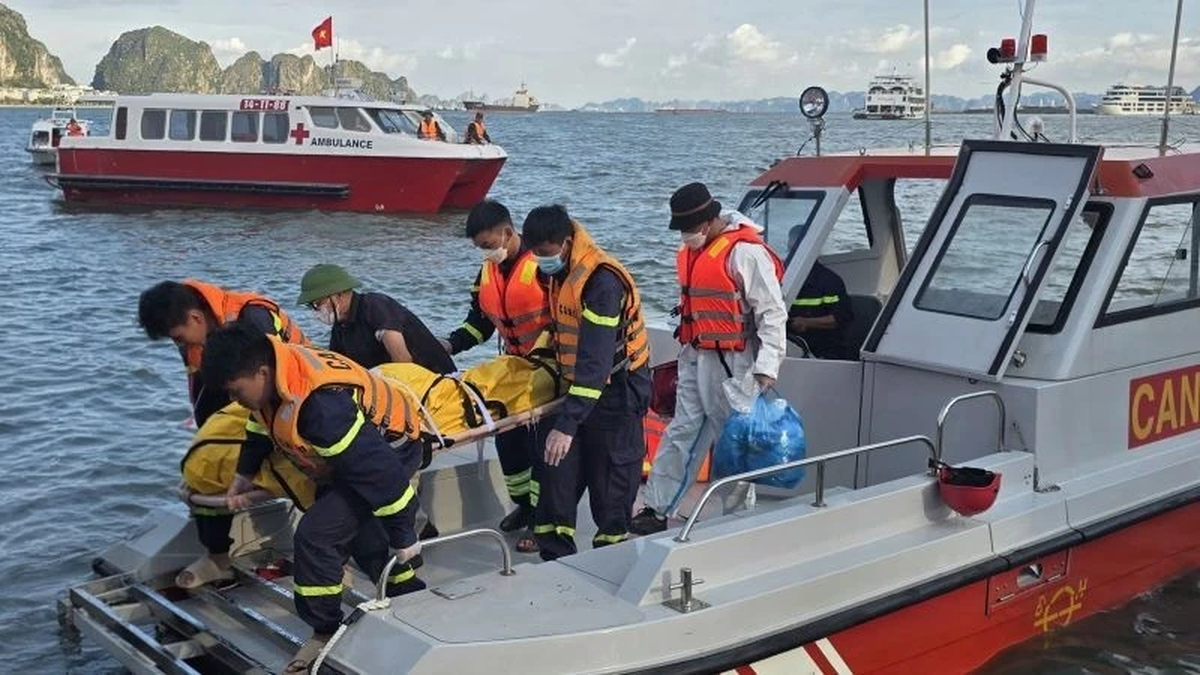
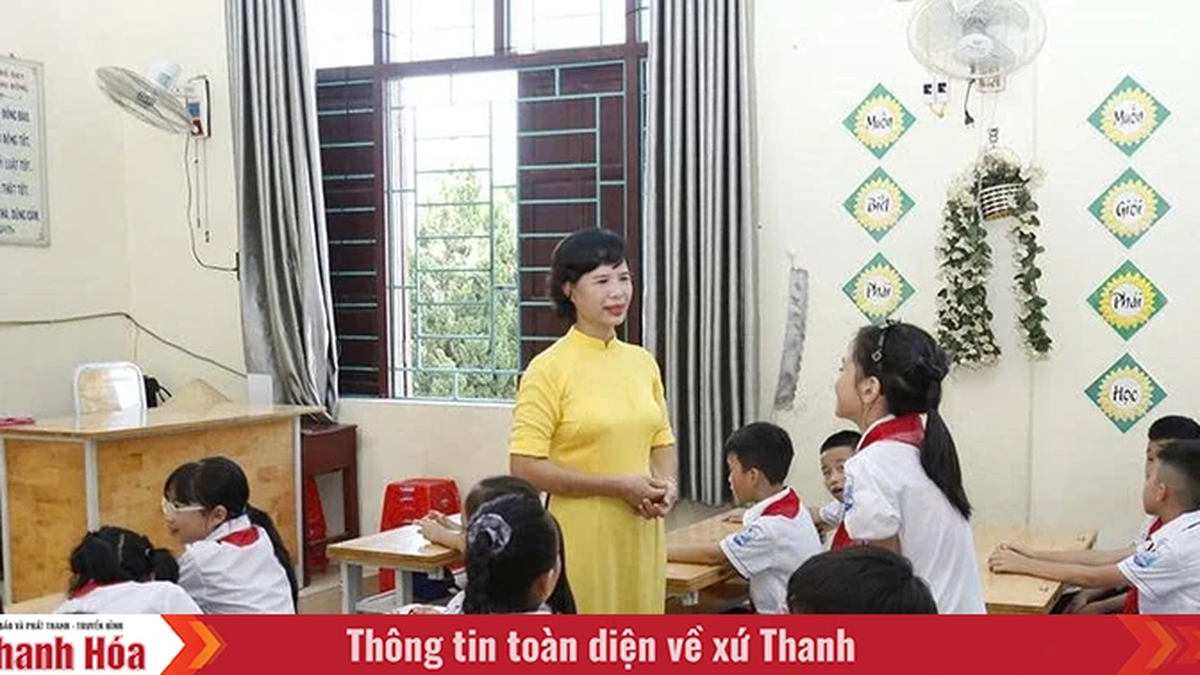
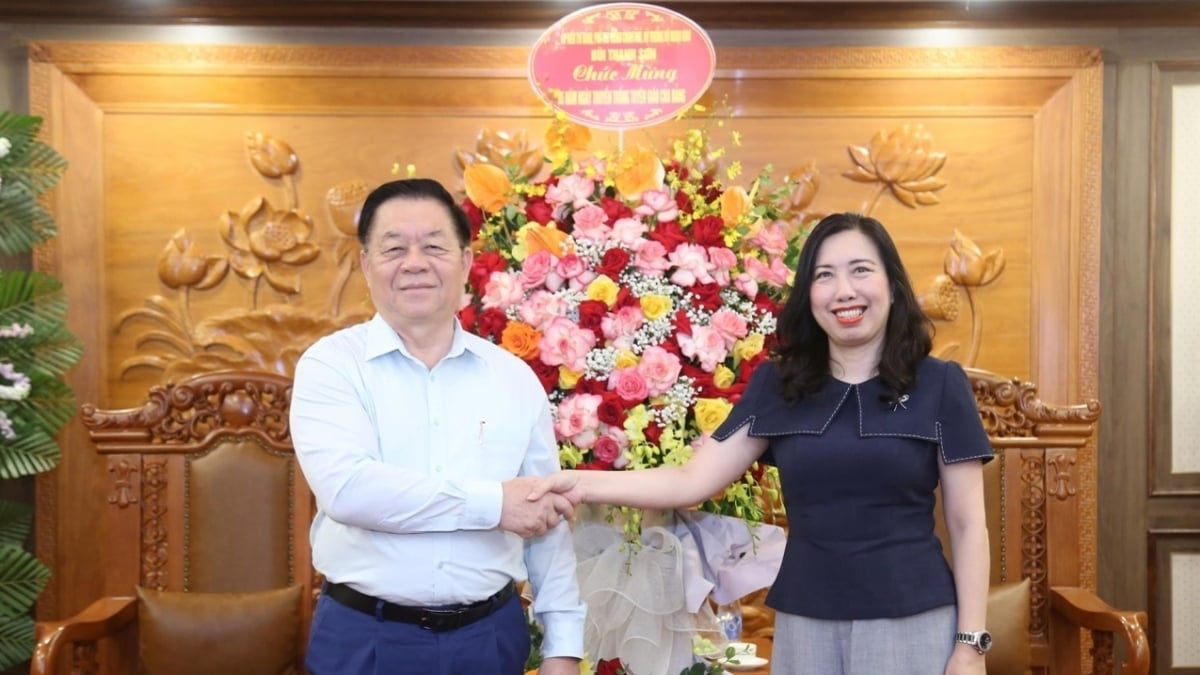




































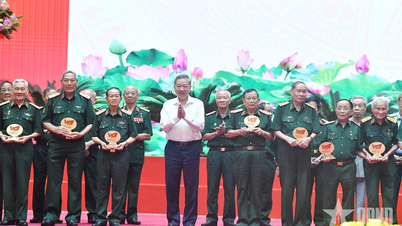




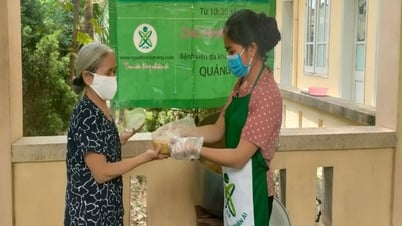

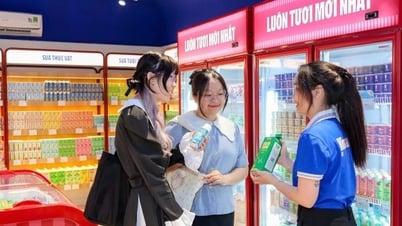


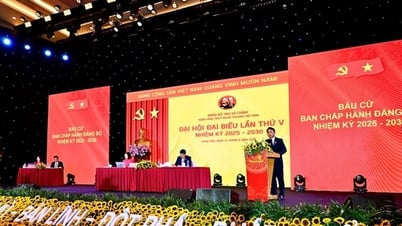



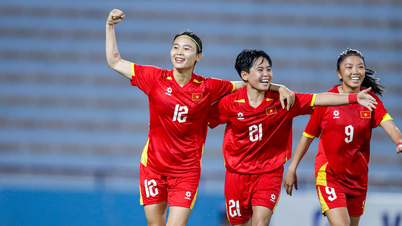


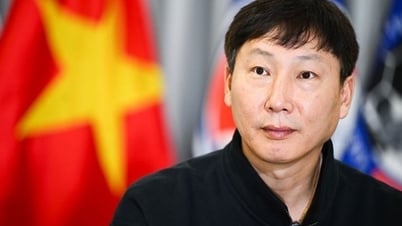


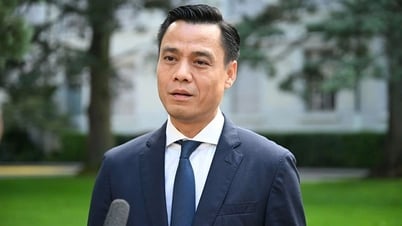
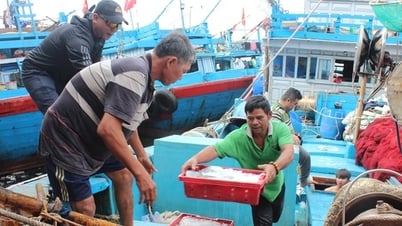

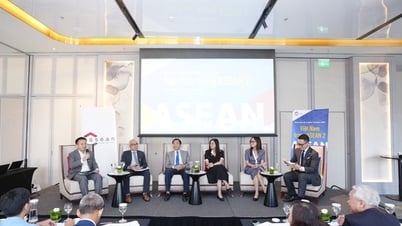

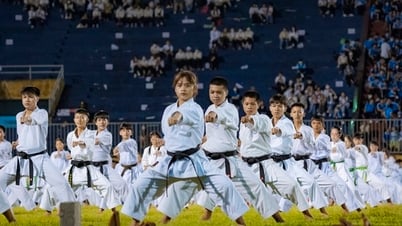
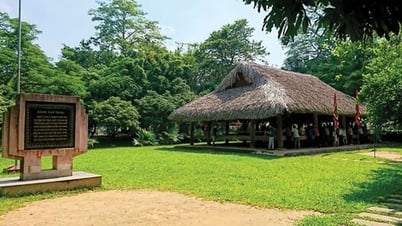
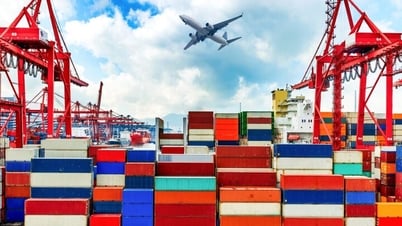










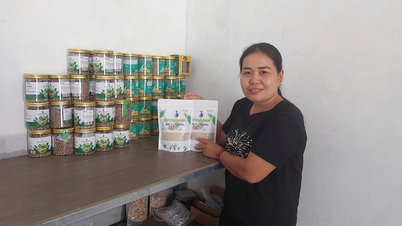











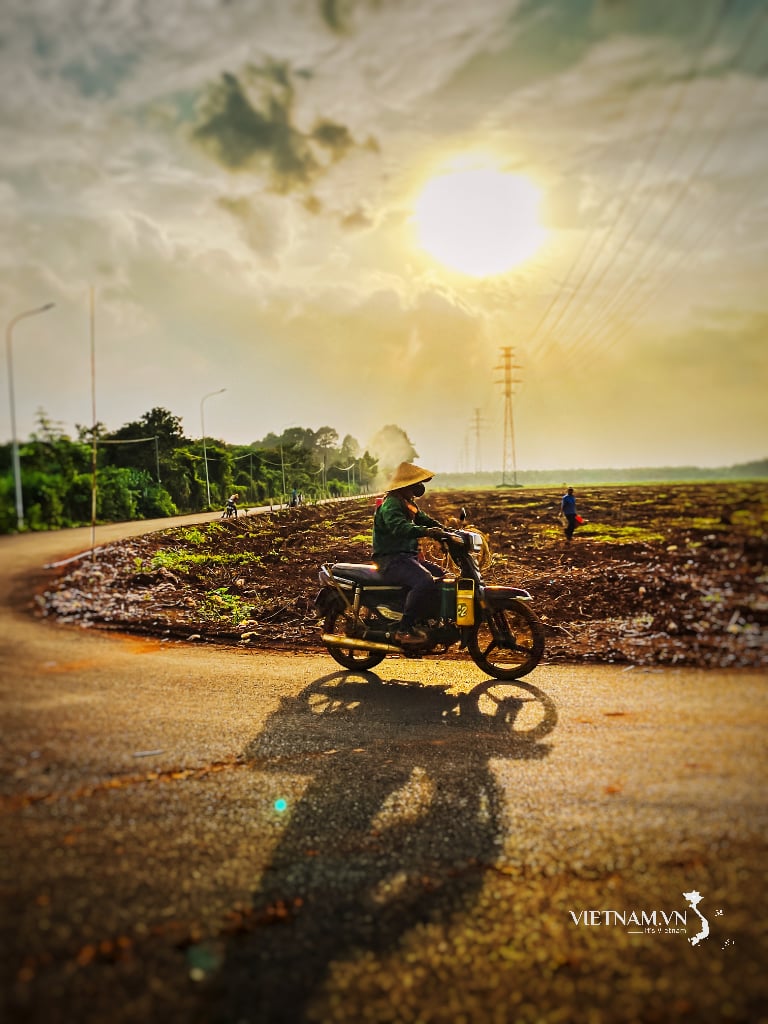
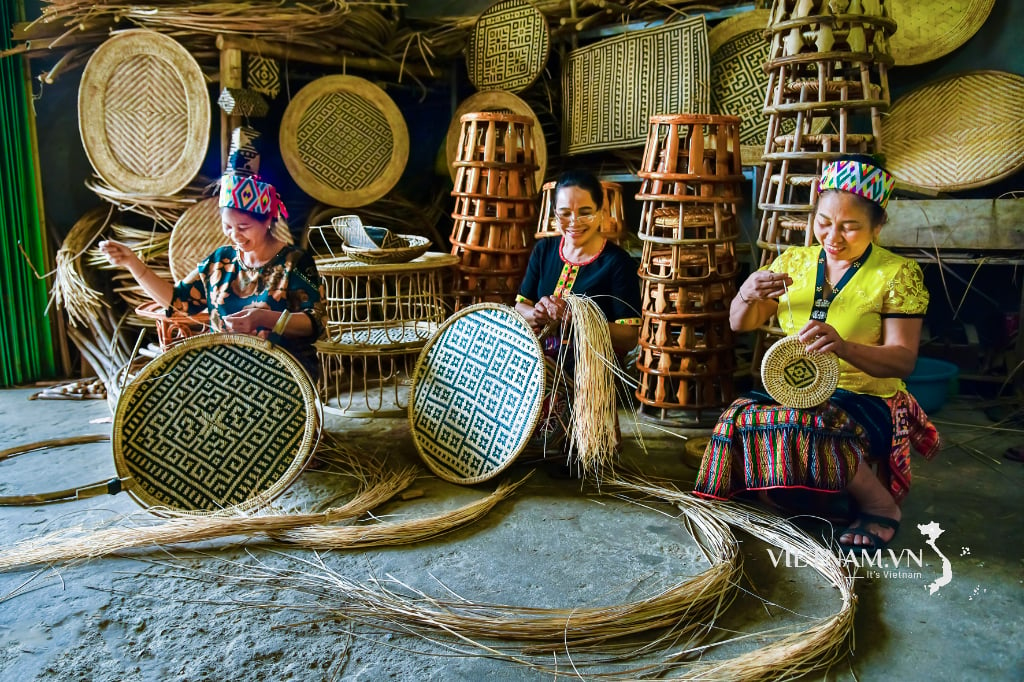
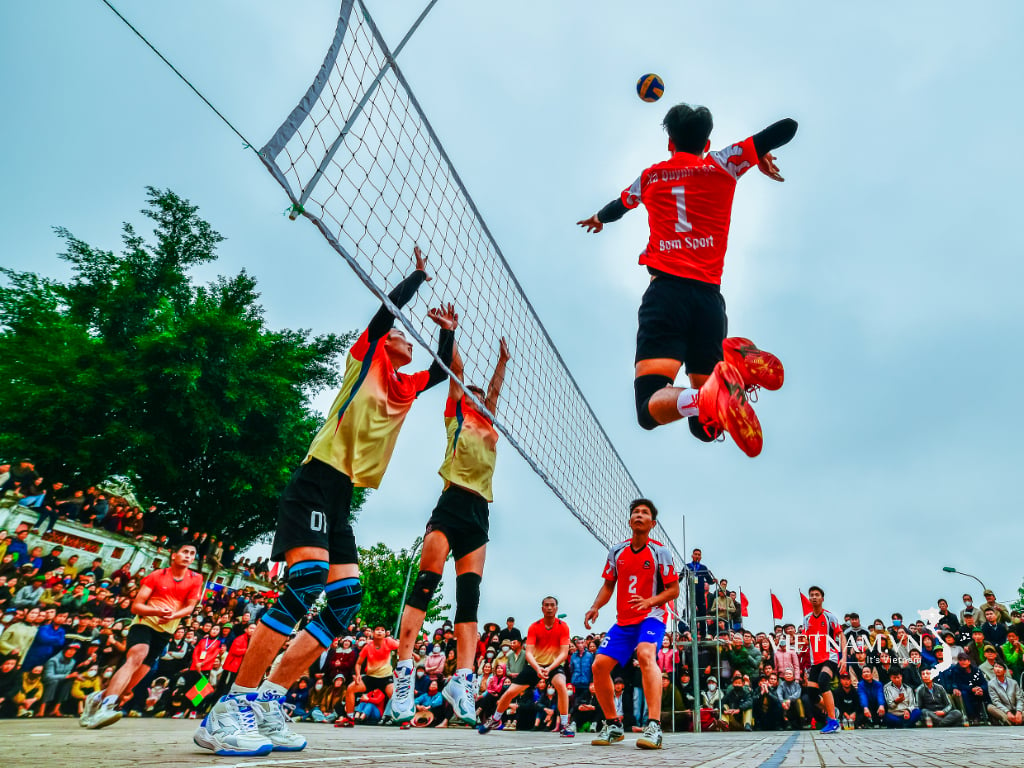
Comment (0)